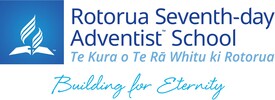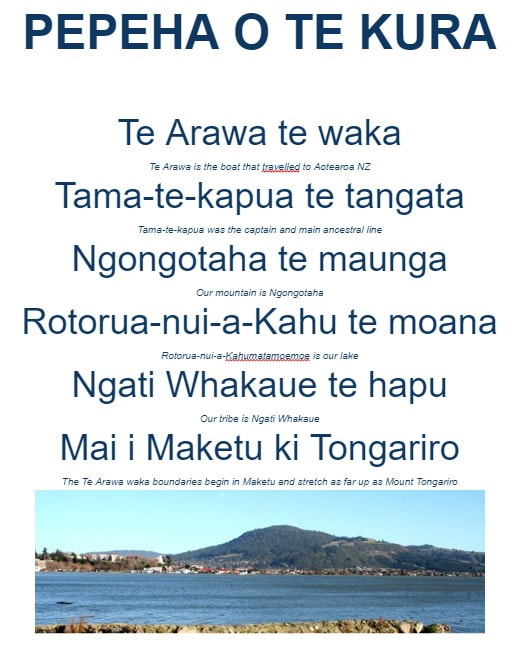Whakatau / Pōwhiri
Every year, we welcome the arrival of our new tauira (students ) whānau and staff with a whakatau . A whakatau is a form of a welcome ceremony very much like a pōwhiri but less formal and perfect for schools as it is very flexible but still gives mana to our tangata whenua.
Waiata for the Whakatau |
Protocol for Whakatau |
|
Tangata Whenua | Home people
Haka Pōwhiri: Te Arawa e Waiata tuatahi (School Kaumatua) : E Ihowa Waiata tuarua (Young Leader) : E Koro Whakaue Waiata tuatoru (Whaea Lanea) : Te Arawa te waka |
The tangata whenua are the local people of this land (including our current students and staff of our school). Our Principal, staff and students will officially welcome our manuhiri (new whānau or families and new staff) onto the school grounds.
Our manuhiri will assemble as a group outside the school front gate where they will be briefed by our staff. As the manuhiri move towards the tangata whenua, the women and children are at the front and men at the back. This is an act of protection and coming in peace. Men will sit in the front rows of seats, with the Kai kōrero (designated speaker/s – only men). The women and children sit in the seats behind the men. The tangata whenua speak first and as with every speech in the pōwhiri process, it is followed by a waiata tautoko (supporting song). A whaikōrero (speech) either welcomes or tells of the purpose of the visit and pōwhiri. Each speaker will connect to the local land by referring to the local iwi. They often will include their own pepeha (connections and family links) as part of their whaikorero. The waiata tautoko is often a song that links to the local iwi or a whakatauki (proverb or significant saying) that pertains to the school or visit. It may also link to a key message in the whaikōrero. A male (whānau member or current member of staff with links to the guests) will reply on behalf of the manuhiri also with a waiata to support their speech. The last speaker will be our Principal Whaea Lanea Strickland to finish off the speech proceedings accompanied by another waiata. All of our new whānau will then move over to partake in the hongi and harirū process (the pressing of noses and shaking of hands). Once this is complete our school kaumatua will speak again this time in English addressing the tamariki and translating some of the key messages in the pōwhiri. Our new whānau are invited to have kai (food) to complete the pōwhiri process. The process of sharing in kai moves the Pōwhiri from a state of tapu (restricted and sacred) to noa (removed from restriction and neutral). Our manuhiri are now considered tangata whenua (local people). After our kai our new students will move off to their new classrooms. |


